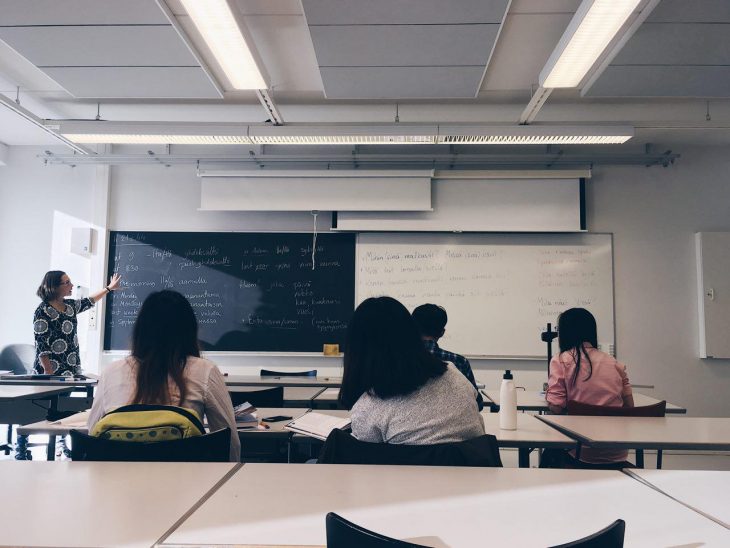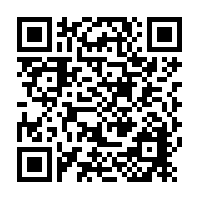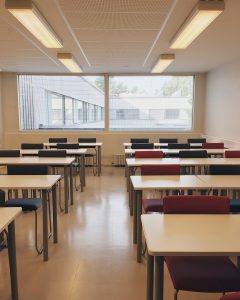
Study strategies to boost learning
Do you spend days and nights in the university while we could be somewhere else? Are you here to learn something new? Why not to learn the best strategies for better learning? I challenge you to take this time more conscious and make a use out of all years spent with teacher’s slides and morning lectures.
This time I give you a review on the most efficient ways to memorize information and study more efficient. All data is a digest from «Learning how to learn» course by Coursera and researches available on their website.
The Most Effective Learning Strategies
• Practice self-testing: either you need to learn words or pieces of information – question yourself! Start discussing the topic with yourself, try to expand your answer using the previous experience.
• Distributed practice: implement a schedule for revising the needed information for couple of times per week/month. But don’t just read it! Revise!
Strategies with Much Promise
• If you don’t have too much time: mix three subjects over the time. Study first one for an hour, then move to another one, focus on it and go check the last one. Take a breath and go for another round!
• Self-explanation: explain how new information is related to known one or explain step by step what was going on.
• Teach others: you will feel responsibility to learn better as well as learning will be enhanced by a stressful situation.
Less Useful Strategies (That Students Use a Lot)
• Rereading, highlighting: it is fine only at the beginning of the process.
• Keyword, images and associations: create physical or mental mind map of the topic you studied.
Other helpful tips:
• Take a nap. Or go to sleep and dream about what you have just learnt. It will be useful not only for learning itself but also for your creativity.
• Don’t forget to take a rest from time to time. Relax by running. Turn on your muscles after hard brain work.
• If you are lost in the text: ask «Why?». Again, more you question yourself, more answers you will find, and more connections you will build.
Students will retain knowledge for a longer period of time when they distribute their practice than when they mass it.
Students who solve new problems that involve transferring what was learned during practice perform better when they use self-explanation techniques.
Rereading has inconsistent effects on student learning, and benefits may not be long-lasting.
And remember: even the best strategies will only be effective if students are motivated to use them correctly.
Do you want to read more? Suggesting you this:

- Learning and Growth Mindset - 13th September 2024
- Another successful meeting – IBSEN meets XAMK in Kouvola, May 2024 - 16th May 2024
- Blending and joining the Finnish work life - 8th December 2023

